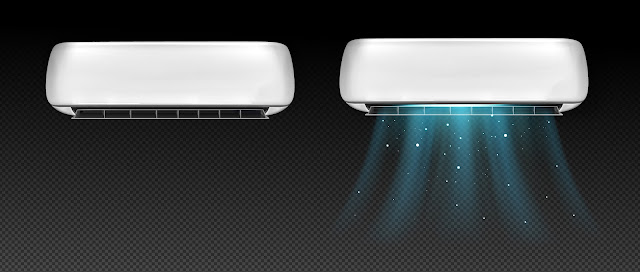Should I Choose Inverter AC or Normal AC?
Most of us use air conditioners as summer is in a dominant mood. We all know about normal ac, but how is it different from an inverter ac?
We must first comprehend how a typical air conditioner operates and how an inverter air conditioner differs. It will help to decide whether you should buy an inverter ac or not.
Inverter ac vs Normal ac
A typical AC has a compressor, which is the heart of the operation and is responsible for the majority of the power consumed by an AC. When the room temperature exceeds the set point, the compressor begins. When it falls below the set point, the compressor stops (i.e. it operates in on/off mode).
The compressor of an inverter AC does not stop; it simply slows down to the point where the room temperature remains constant. The compressor speed is constantly changing to maintain the desired room temperature.
Since a typical air conditioner operates on an on/off mechanism, each compressor starts to produce a noise. Because the compressor of an inverter AC runs continuously, the operation of an inverter AC is much quieter than that of a standard AC. The room temperature fluctuates due to the intermittent operation of the compressor in normal AC. The continuous operation of the inverter AC compressor keeps the room temperature relatively constant.
Dehumidification is another application for an air conditioner. In contrast to inverter AC, normal AC operates at full blast resulting in better dehumidification.
Normal air conditioning consumes approximately 275 electrical units per month for 8 hours of operation. An inverter air conditioning consumes approximately 195 electrical units. If the electricity tariff is 10 Rs per unit, the difference will be around 800 INR per month. Again, the calculation will change depending on the number of hours of operation and the cost of electricity.
This blog discusses inverter ac vs normal ac. By considering noise, long-term cost-benefit inverter ac is beneficial to buy.



Comments
Post a Comment